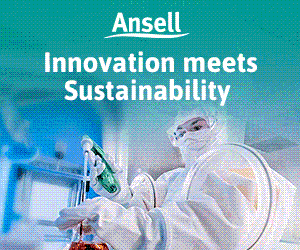Water bacteria monitor goes into commercial production
Monitoring Systems works with Molecsen to bring the product to market
A monitoring system for water bacteria analysis developed by a British scientist that takes 30min for a plumber to fit has gone into commercial production.
Professor Bill Keevil, director of the microbiology department at Southampton University, invited Monitoring Systems of Waterlooville, Hampshire to demonstrate his sensor technology in a laboratory setting.
Monitoring Systems is the developer of the Tektor and Molsen sensors, which use resonance imaging to detect minute levels of contaminants in fluids. The sensors are non-invasive, can be adapted for a range of pipe diameters and give instant results.
Keevil’s system was able to detect and measure benign bacteria and following the demonstration, Monitoring Systems joined a consortium funded by the EC Research Project, SecurEau.
Monitoring Systems then began work on producing a prototype of a microbial sensor that was capable of detecting and monitoring the volume of bacteria flowing in tap water. The prototype was tested at Southampton University and was able to monitor the levels of two samples of E. Coli.
Monitoring Systems has since then produced an industrial model, which has been acquired by Molecsen, the company that will be manufacturing and selling the system worldwide.
The first product is a Turbidity Monitor, a device that can be installed by a plumber. The sensor is self-calibrating and low maintenance.
In essence, the sensor is a tube that is inserted in a pipeline and connected to a display unit, which also powers the sensor.
This touch screen display is available in a range of styles. Options allow for a graph, alarm system and data logging. Nigel Baxter, chief executive of Molescen, said: “The Turbidity Monitor can be inserted into a tap water pipeline which is non-invasive, does not require calibration, and does not call for much servicing.”
Monitoring Systems and Molecsen are continuing to test, refine and improve on their technology.




